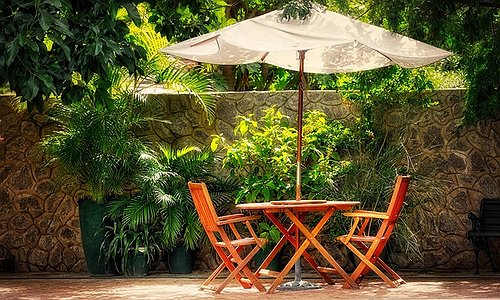How farmers' markets are cooking up community spirit in the Karoo
Markets are the beating heart of nowhere
It’s a blistering Saturday in Prince Albert. The scent of artisanal bread and boerewors hangs thick in the air. Stalls overflow with organic produce, handcrafted trinkets, and cheeses that would make a Frenchman weep. This isn't just commerce; it's a community reclaiming its soul. Farmers' markets here are more than transactional hubs. They're social epicentres, binding residents in a shared experience. In towns where economic decline was once as predictable as the scorching midday sun, these markets offer a glimmer of hope.
Empowering the underdogs
For local artisans and farmers, these markets are lifelines. Take Gay's Guernsey Dairy in Prince Albert. Starting with just three cows in 1990, it's now a thriving enterprise, offering unpasteurized cheeses and yogurts that have become the town's pride. Visitors can sample their wares at the farm shop, a testament to vision and grit. Then there's the Karoo Souk, a craft and coffee shop run by blacksmith Kashief Booley and his wife, Sophia, a weaver. Their journey from Cape Town to the Karoo epitomizes the entrepreneurial spirit taking root in these small towns.
Agritourism’s role
Beyond the markets, agritourism is emerging as a game-changer. The Karoo's stark landscapes and rich agricultural heritage are being leveraged to attract visitors seeking authentic experiences. Events like the Schreiner: Karoo Writers Festival in Cradock offer a blend of cultural immersion and warm Karoo hospitality. Wandile Sihlobo, in his "Letters from the Karoo," champions agritourism as a means to revitalize small towns. He emphasizes the need for proper marketing of regional specialties like Karoo Lamb, urging both retailers and restaurants to support local farmers.
Hurdles on the horizon
It's not all sunshine and roses. Infrastructure woes, from pothole-riddled roads to unreliable utilities, threaten to stymie progress. Sihlobo points out that failing municipalities are a nationwide challenge, with inadequate infrastructure leading to increased costs for businesses. Also, the spectre of gentrification looms large. As these towns become trendy, there's a risk that the very locals who sparked the revival could be priced out. It's a delicate balancing act between welcoming investment and preserving the community's soul. Despite the hurdles, the momentum is undeniable. The South African Local Government Association's Small Town Regeneration Programme is throwing its weight behind these initiatives, recognizing the potential of local markets to drive economic development.




